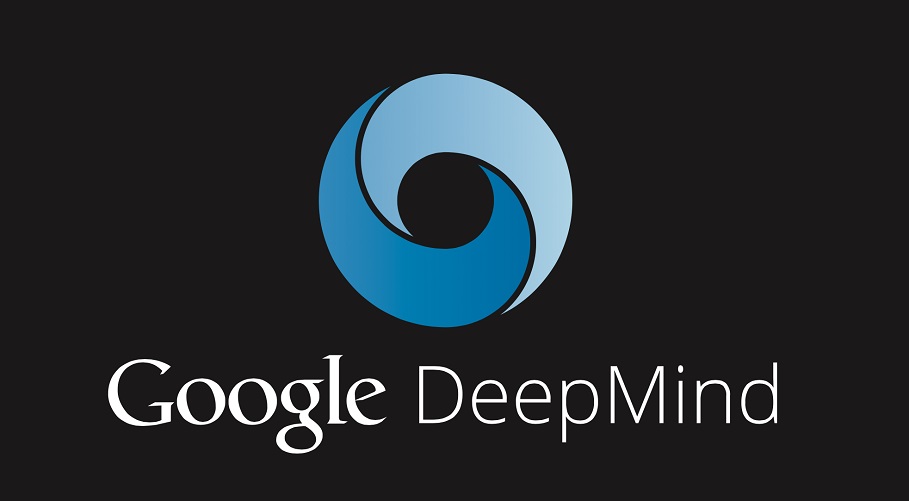

As the AI battle heats up, Alphabet has announced it is merging its internal AI research team (Google Brain) with UK-based DeepMind, which it acquired in 2014 for $500m.
The merger decision was announced by CEO Sundar Pichai in a blog post. The move may signal the end of DeepMind’s existence as an independent unit of Google, operating out of the UK as one of Alphabet’s “other bets” initiatives.
Pichai wrote the merger would bring “together two world-class AI teams”, that “will accelerate our progress in AI and help us develop more capable AI systems more safely and responsibly.”
Pichai wrote that Google has been an “AI-first company since 2016”, and that “along the way, we’ve been lucky to have two world-class research teams leading the entire industry forward with foundational breakthroughs that have ushered in a new era of AI.”
“The pace of progress is now faster than ever before,” noted Pichai. “To ensure the bold and responsible development of general AI, we’re creating a unit that will help us build more capable systems more safely and responsibly.”
“This group, called Google DeepMind, will bring together two leading research groups in the AI field: the Brain team from Google Research, and DeepMind,” he wrote.
“Combining all this talent into one focused team, backed by the computational resources of Google, will significantly accelerate our progress in AI,” said Pichai. “As CEO of Google DeepMind, Demis Hassabis will lead the development of our most capable and responsible general AI systems – research that will help power the next generation of our products and services.”
Jeff Dean, Google’s former senior vice president of Google Research and Health who co-founded the Brain team, will be promoted to chief scientist at Google, reporting to Pichai.
Dean will head up the “most critical and strategic” technical projects related to AI, the first of which will be a series of powerful, multimodal AI models, Pichai added.
Pichai wrote that “Google Research will continue its important work leading fundamental advances in computer science across areas such as algorithms and theory, privacy and security, quantum computing, health, climate and sustainability and responsible AI.”
“I’m so excited for the next phase of this journey, the progress we’ll make against our mission, and all the ways we’ll help people reach their potential with increasingly capable and responsible AI,” noted Pichai.
There is no word as to whether the merged Google DeepMind division will continue to operate in the United Kingdom or United States (or both), and whether there will be any job losses if a move is mandated.
DeepMind is led by co-founder Demis Hassabis. He founded DeepMind in 2010 with Shane Legg and Mustafa Suleyman after the three met at University College London’s Gatsby Computational Neuroscience Unit.
Deepmind created a system that beat the world champion at the board game Go in 2016, while its 2020 research into using AI to predict how proteins fold into different shapes was considered a potential breakthrough for drug discovery.
“By creating Google DeepMind, I believe we can get to that future faster,” Hassabis wrote in a blog post. “Building ever more capable and general AI, safely and responsibly, demands that we solve some of the hardest scientific and engineering challenges of our time. For that, we need to work with greater speed, stronger collaboration and execution, and to simplify the way we make decisions to focus on achieving the biggest impact.”
Despite the fine sounding rhetoric, there have been reports that DeepMind and Google have clashed in the past.
In 2021, DeepMind reportedly lost its years long bid to gain more independence from Google, amid pressure from Google for DeepMind to commercialise its work.
In early 2022 DeepMind co-founder Mustafa Suleyman left Google to become a partner at Silicon Valley venture capital firm Greylock.
Suleyman was reportedly amongst those who resisted Google’s AI work with the US Department of Defense.
Google has also experienced some difficulties with its own internal AI teams, with two heads of AI ethics leaving the company amidst criticism of the way their work was handled.
But going forward, the combined Alphabet staff will work on “multimodal” AI, in an effort to catch up with OpenAI’s ChatGPT, and Microsoft’s AI updated Bing search engine.
Alphabet announced the launch of Bard in February to take on ChatGPT, but lost $100 billion in value on 8 February after Bard shared inaccurate information in a promotional video and a company event failed to dazzle.
Deliveries of Telsa's 'bulletproof' Cybertruck are reportedly on hold, amid user complaints side trims are…
New feature reportedly being developed by Apple for iOS 19, that will allow AirPods to…
Binance BNB token rises after WSJ report the Trump family is in talks to secure…
After failed Amazon deal, iRobot warns there is “substantial doubt about the Company's ability to…
Community Notes testing across Facebook, Instagram and Threads to begin next week in US, using…